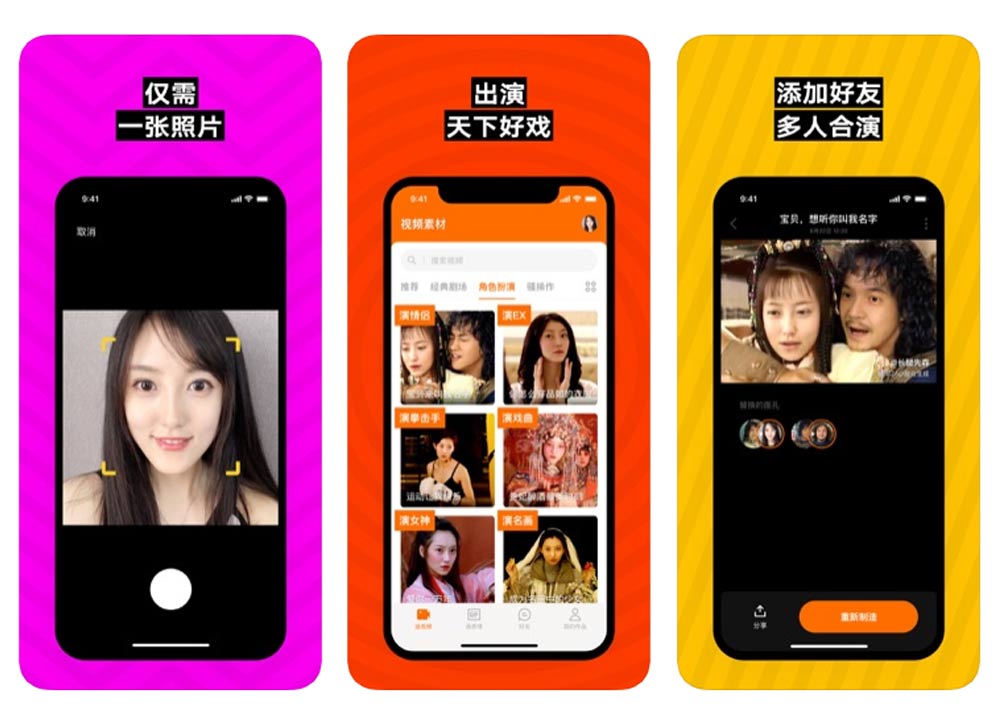
Since being in someone else's shoes can be fun for once in a while, Chinese app developer Momo wants to offer just that with ZAO, a face-swapping app.
The app, which lets users to overlay their face in existing photos and video, uses the same AI technique deployed by deepfakes. When it became viral, ZAO-related hashtags have populated Chinese social network Weibo, gathering tens of millions of viewers.
Here, it quickly propel itself up on top of the entertainment section on the App store, after only been released for three days.
But along with its immense popularity, the app stirred a lot of privacy concerns.
According to Bloomberg's report, the previous version of the app had a terms and conditions that gave full rights to the company to use users' photos as "free, irrevocable, permanent, transferable, and relicense-able" property.
In other words, it allowed the developer to use and send ZAO users' photos and videos, to third-parties without authorization.
In case you haven't heard, #ZAO is a Chinese app which completely blew up since Friday. Best application of 'Deepfake'-style AI facial replacement I've ever seen.
Here's an example of me as DiCaprio (generated in under 8 secs from that one photo in the thumbnail) pic.twitter.com/1RpnJJ3wgT— Allan Xia (@AllanXia) September 1, 2019
After ZAO users realized this terms and conditions, the app received outrage, complaints, as well as negative reviews on Apple's App Store.
Realizing people's anger, Momo, the Chinese company that also owns a live-streaming and dating service, quickly removed the offending clause at its terms and conditions, and said that it has deleted all previously uploaded photos and videos from users.
In a statement on Weibo, the company said it will is releasing fixes to fix the privacy concerns, saying that:

But the move was seen as a bit too late, because WeChat blocked the app.
Advancements in deepfake technology are quickly making people's faces as just another piece of personal data. What this means, face is becoming a commodity where it can be sold to third-parties for various purposes.
ZAO allows users to create deepfakes, as easy as taking a selfie.
By just taking one single photo and upload it to ZAO, users can see themselves star in hundreds of movies, TV shows, and musical performances in seconds. Not just any scene, as users can also choose from a selection of pre-determined clips, and the result is downright impressive for a deepfake.
With the many people wanting to try this technology, the app shot up to China's iOS App Store, and remained at the number one spot, after only been out for three days.
Give it or take, ZAO is similar to the controversial FaceApp, another AI-based face-swap app, that was at the center of controversy as one of its clauses allowed the company to use and share consumers’ photos with third-party.
Later, it clarified that it doesn’t sell any user data to third party and gave an option to request data removal too..